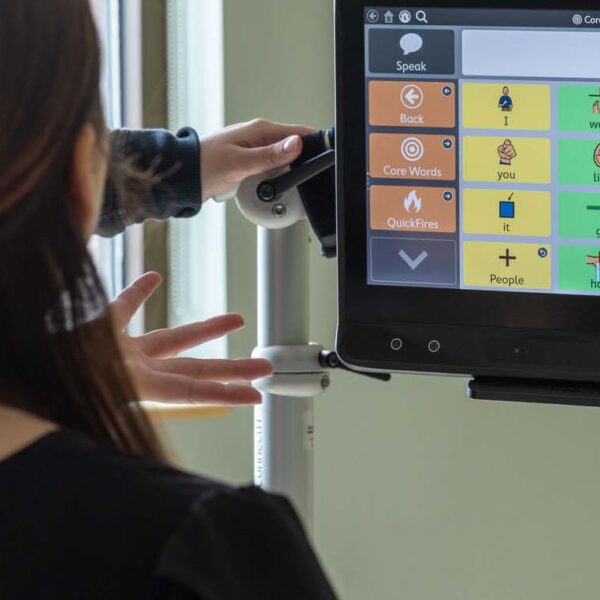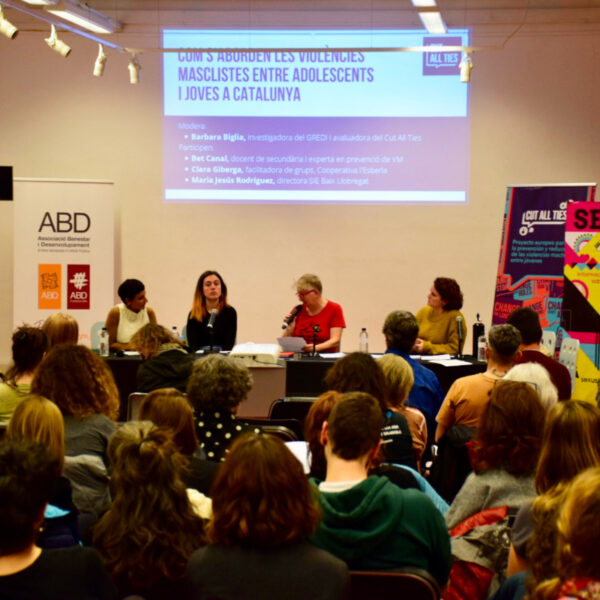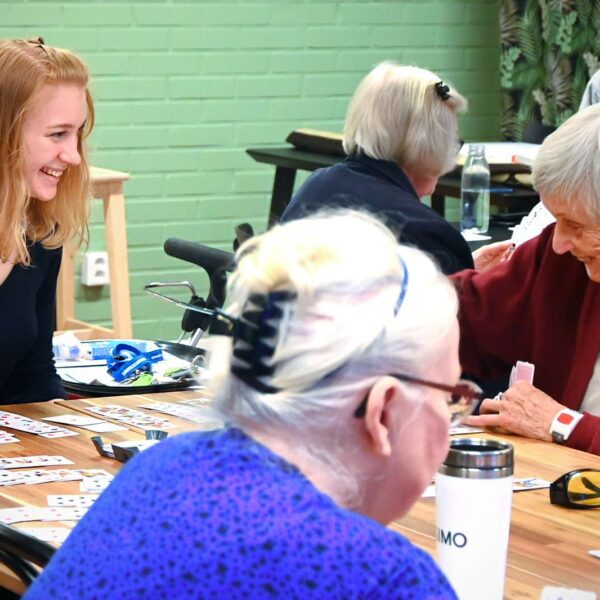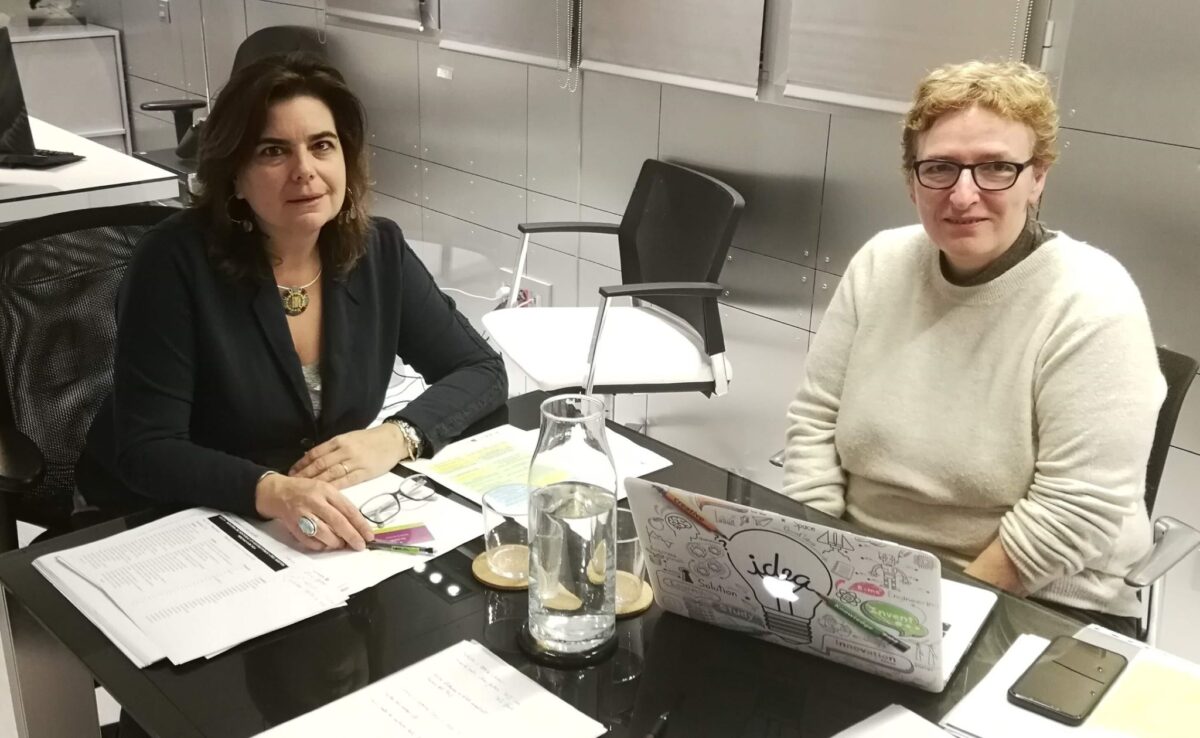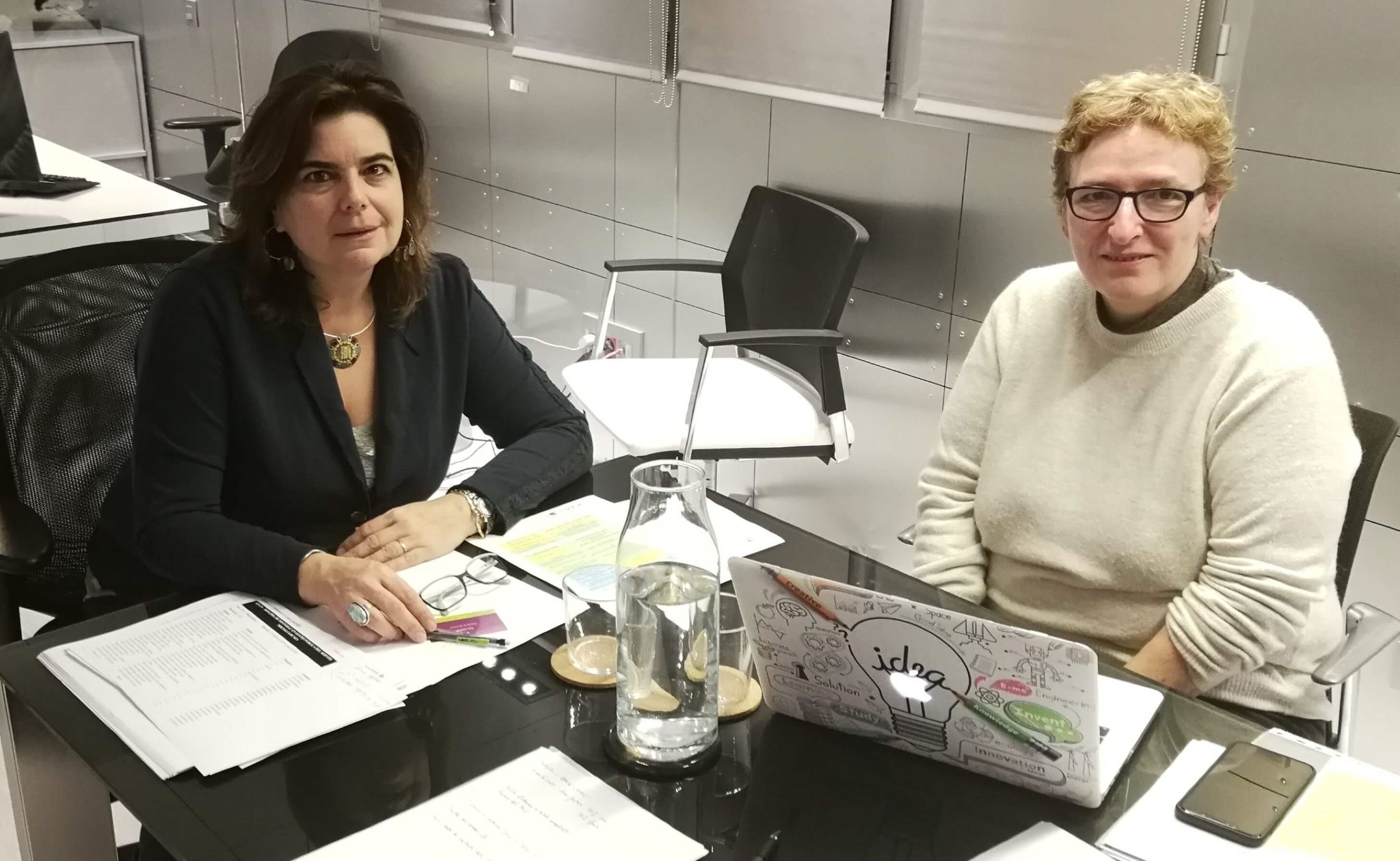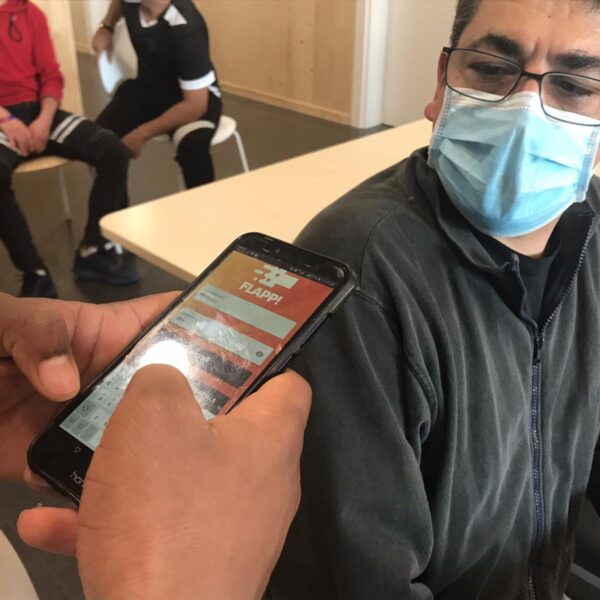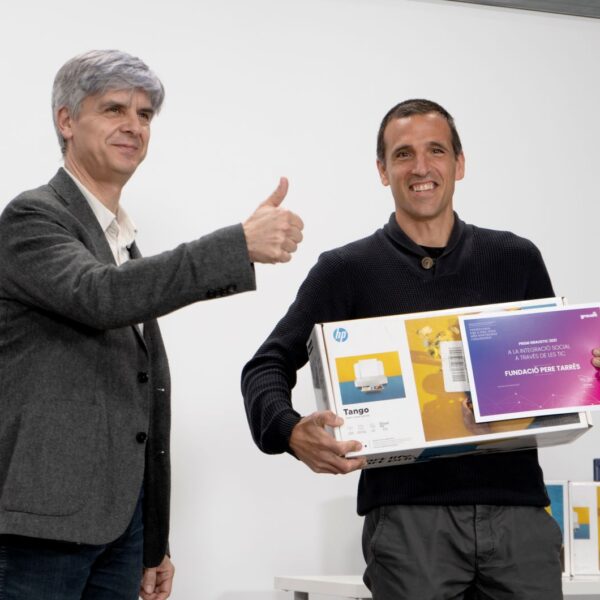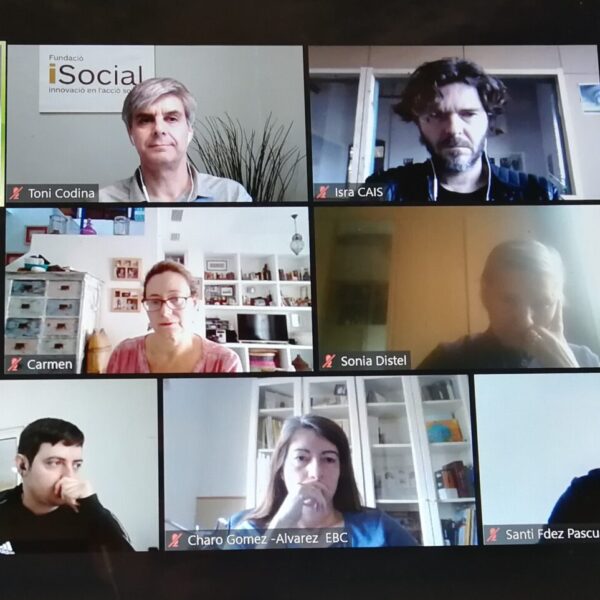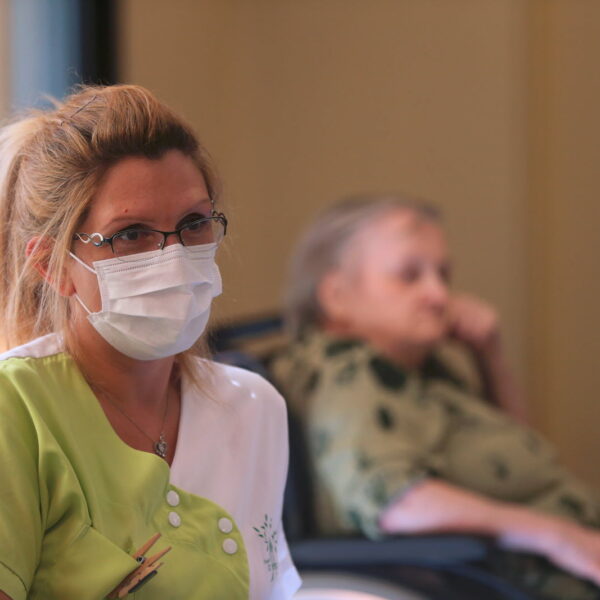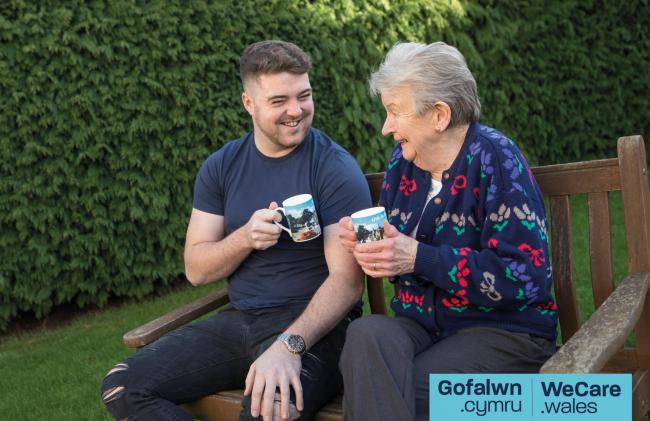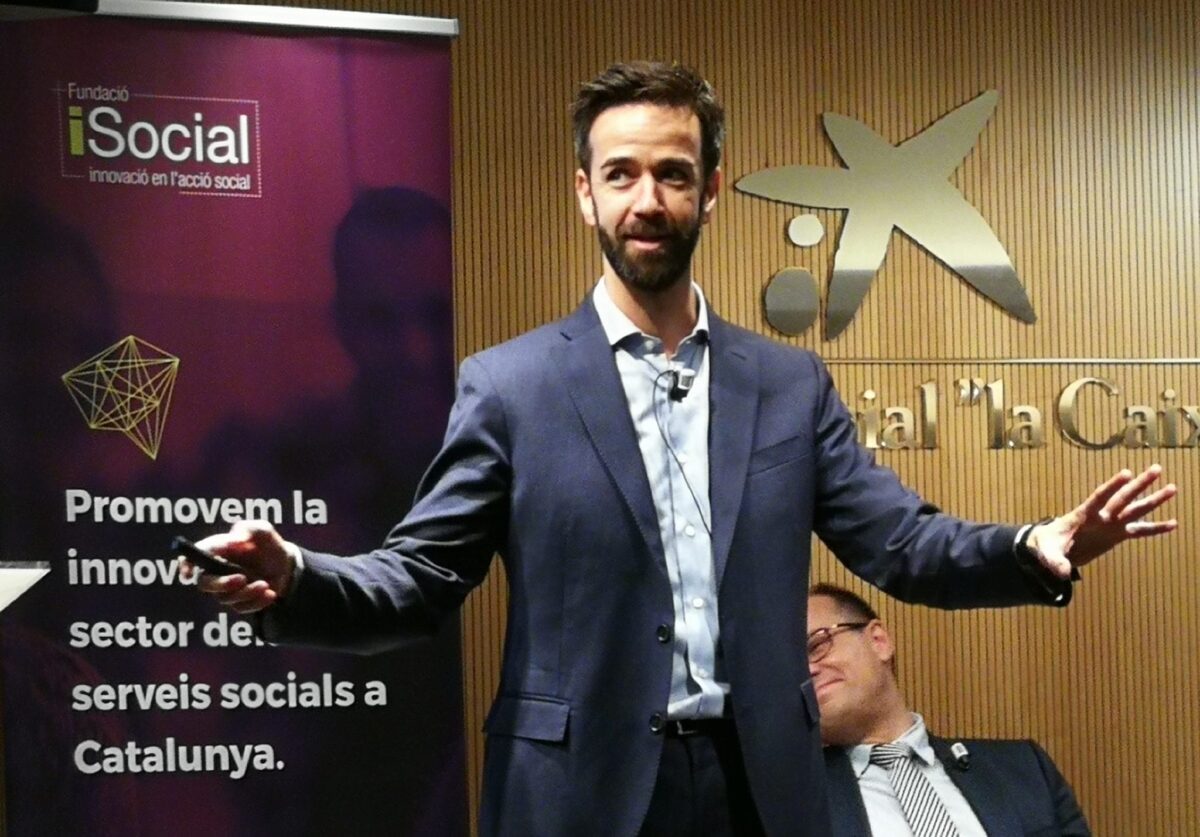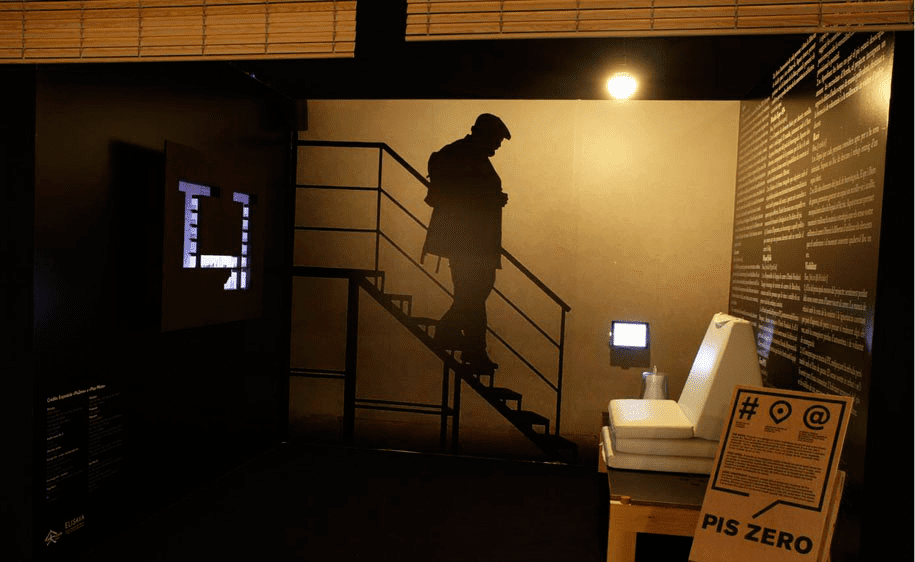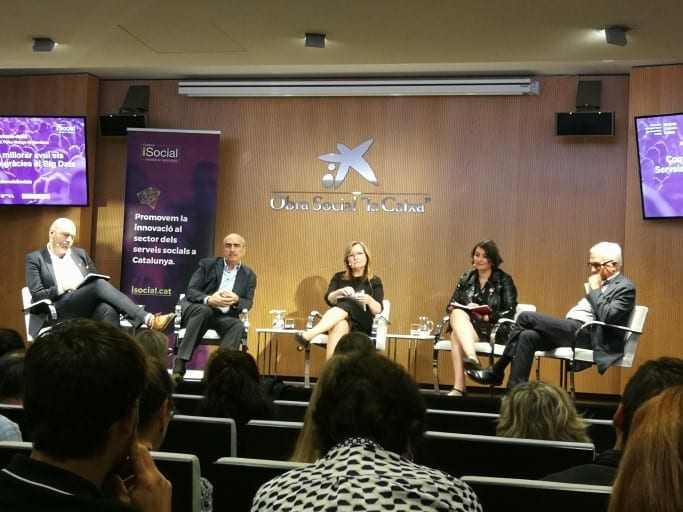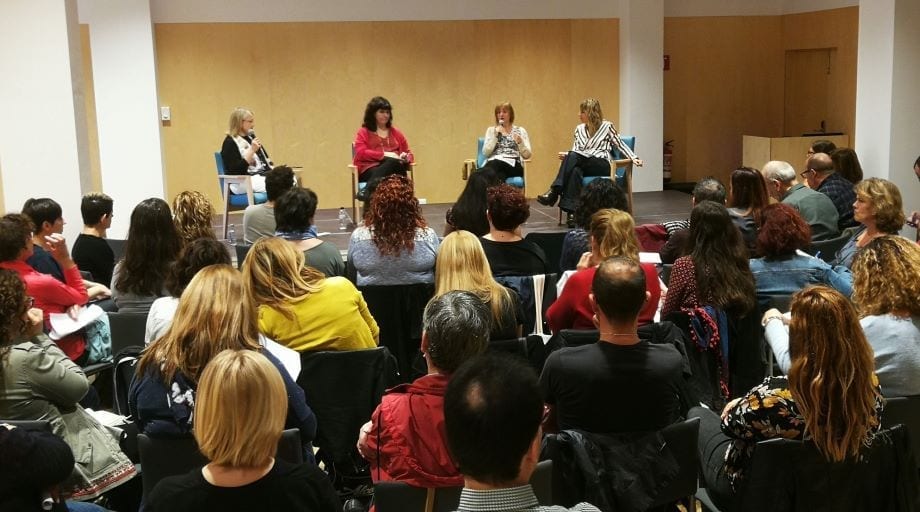Nelson Mandela, a program for reintegration to life in freedom
Nelson Mandela, a program for reintegration to life in freedom
Xunta de Galicia

by whereslugo on Unsplash
Program for the social reintegration of ex-prisoners, which offers personalized itineraries tailored to the needs of each participant, with both technical and personal preparation, as well as training and support activities for work integration. The goal is for those who have been released from prison to expand their competencies and improve their personal and professional skills to help them on their path to full inclusion.
The program is part of the Social Inclusion Strategy of Galicia 2014-2020, designed and funded by the Xunta de Galicia and the European Social Fund. It has been developed so far in a single prison, Teixeiro, and has benefited more than 1,500 inmates.
Location
Galicia, Spain
Partners / Funders
European Social Fund
Genesis
A study by SkillsforCare estimated that by 2030 the number of social workers in the United Kingdom would have to increase by 21% to 44%. In Wales, the need to attract new professionals to the Social Services sector became more evident as in 2019, only 11% of social workers were under the age of 25, while 32% were over 50.
Implementation level
The campaign is supported by the main Welsh social organizations as well as national recruitment and professional consulting agencies. A website has been created where professionals can access the job offers from public and private organizations in the social sector, while they can directly upload their job offers. The page also has numerous videos with real experiences of workers in the sector.

Banc d’innovacions




